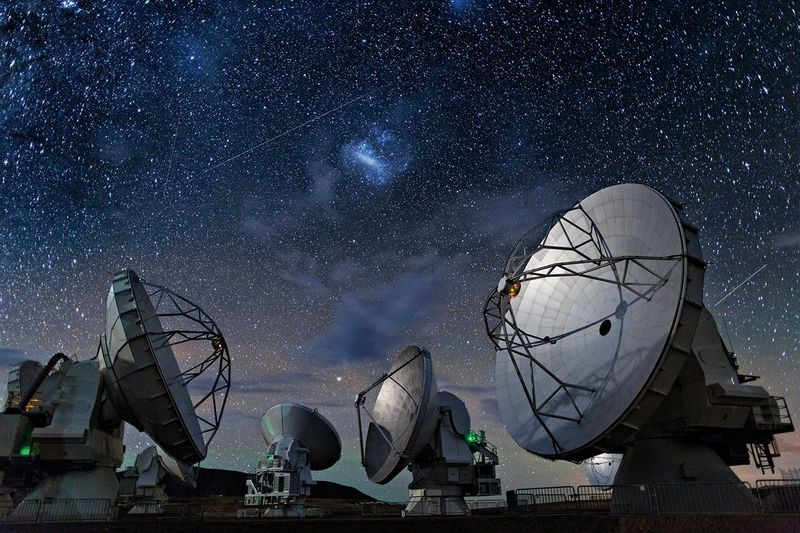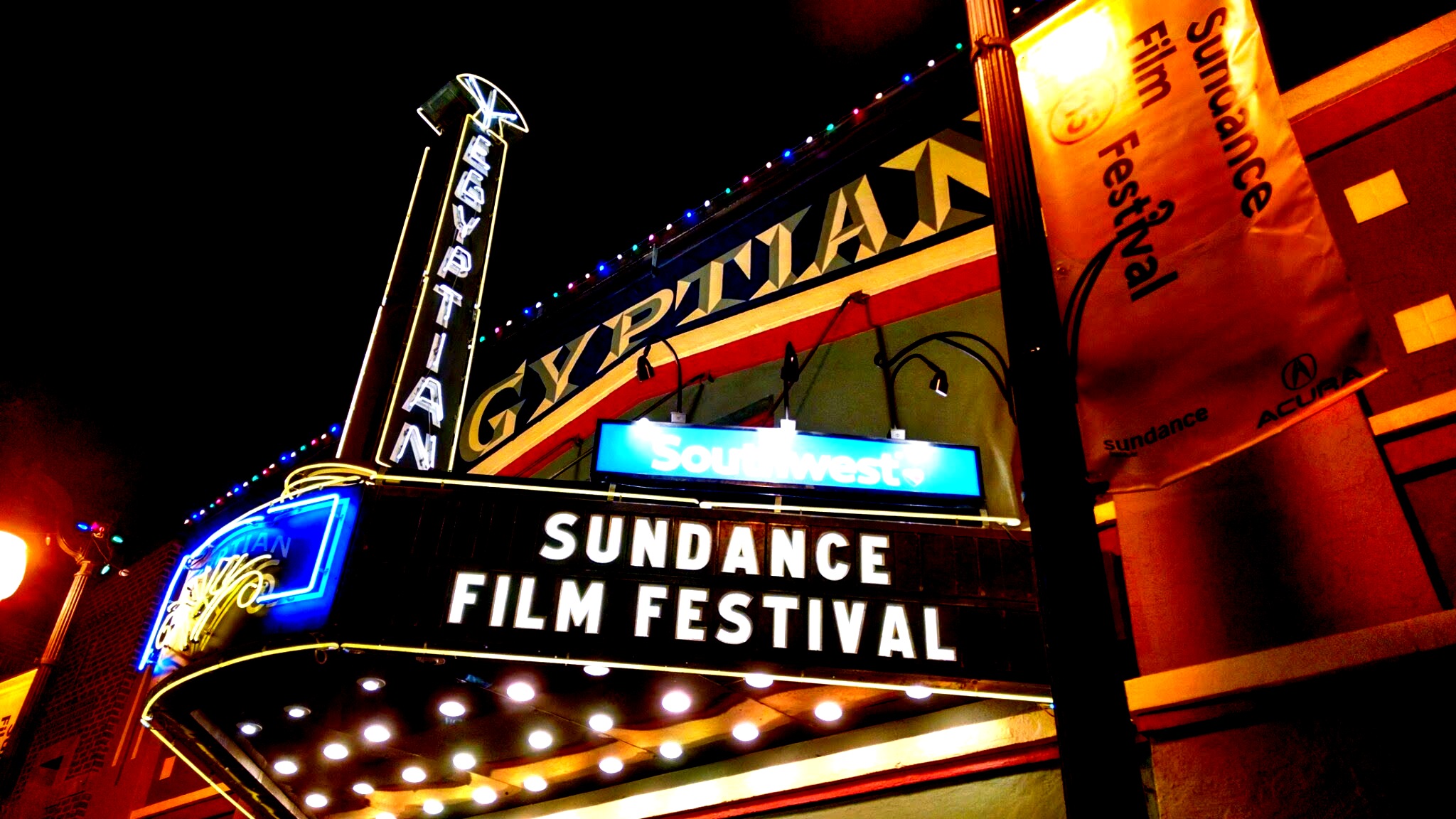As all film festivals have had to reckon with what their respective event will look like in a coronavirus-inflicted world, last week we got word on what Toronto International Film Festival was planning for this fall. Now, Sundance Film Festival is out of the gate early, with an update from first-time Festival Director Tabitha Jackson on what their approach is to next year’s edition.
Revealed in a letter published today, she notes that the festival will be aiming to do in-person programming, as possible, but a digital component will also be launched, that will be the “nucleus” of the festival, making it “accessible in a way it never has been before.” As travel may be difficult, the festival will also expand to 20 other communities across the country and beyond.
She also revealed that the current start date (January 28) may distance the festival from the U.S. presidential inauguration, which is scheduled for January 20. While it’s not noted in the letter, now that the Oscars have delayed their 2021 event, with eligibility for 2020 films now open through February 28, we imagine it is on the minds of organizers how the festival may have a different opportunity as a launching board for films next year.
See her full letter below.
As we plan for our 2021 Festival — my first in the Director’s chair — and with submissions now open, I wanted to give you an early insight into how we are thinking. This is not an announcement, but rather an invitation into the process of building something together this year. There are very few certainties in these uncertain times, but we are lucky to have as our North Star a well-defined and decades-long mission of championing the independent voice.
That mission — driven by our values of inclusion, equity, and accessibility — becomes more urgent with every passing day. We also have a world of artists making bold powerful work that creatively expresses a lived experience, reveals its complexities, delights in its absurdities, and challenges its injustices. And we have you — this community — which over the years has empowered us to do something extraordinary every January in Utah. With these elements magic can surely happen.
Although it is fair to say that I had not factored a global pandemic and an international reckoning around racial justice into my job application, I did know that as we write the next chapter in the incredible history of the Sundance Film Festival I would want to pose a slightly counterintuitive question: “Where do we begin?”
I began with our founder, Robert Redford, who imagined a different landscape for independent artists, one where the work they wished to make could be developed and supported outside of the studio system. He created a new space for imaginative possibility and creative community. We call that space Sundance.
We spoke about our animating purpose, about the importance he places on gathering together in person, and about the role of art itself. But it was this provocation that I found as profound in its generosity as it was liberating in its effect: “I invite you to think not just outside the box, but as if the box never existed.”
So with that we began to imagine a kind of Sundance Film Festival unbound:
An edition respectful of the public health situation, responsive to the moment, and reimagined in and for extraordinary times;
An edition doubling down on our values of access, equity, inclusivity, and independence;
An expanded Festival in which we preserve the possibility of in-person gathering while providing access to those unable or unwilling to travel;
A unique celebration of independent cinema and community;
A single festival expressed locally, globally, in-person, and online.
Although this planning had started as a response to an economic downturn and global health crisis, it became an opportunity for creative and expansive thinking.

Photo by Dave Yoder for National Geographic
In the Atacama Desert in Chile, there is an array of 66 telescopes turned toward the stars. Alone each one is not powerful enough to capture the extent of the universe astronomers are seeking to know. But combined, this multiplicity of perspectives has the power to reveal the structures of the system we inhabit, which had been hidden from us by distance and time.
This is my image for the Festival: a powerful array of perspectives, of talent and artistry — combining with audiences in homes and cities and across countries to reveal new truths. An accessible, inclusive Sundance Film Festival whose form this year enables us, together, to see differently.
So enough of the conceptual stuff — what might this look like on the ground? Seven months out, we are actively planning for the following public health scenario: We are allowed to gather, but there is no widely available COVID-19 vaccine. With the knowledge that as of now socially distanced gatherings are permitted in Utah and other states, but travel is greatly reduced — and large events, shuttle buses, and crowded waitlist tents cannot be supported, which may limit the number of theaters we use during the Festival in Utah.
We hope for better news about the pandemic by January 2021, but we also must plan for the greatest challenges. We have discovered that the planning is in fact an invitation to think differently about the form of the Festival.
The 2021 Sundance Film Festival will be a grand partnership of communities. It will take place live in Utah and in at least 20 independent and community cinemas across the U.S. and beyond. Utah has been the home of the Festival for close to 40 years and always will be, but the 2021 Festival will extend beyond Utah and will be co-created by and for different communities in different locations, preserving what is magical about experiencing films on the big screen with others — even if at a smaller and socially distanced scale.
While the full program plays out in Utah, each of our partners will host a bespoke slate from the official selection alongside complementary programming of their own. Their communities acting as vibrant hubs of creativity, maker culture, and adventurous audiences. This plan acknowledges the vital role of the independent cinema network in our ecosystem. We are in exploratory discussions with cinemas from LA to Louisville, from New York to Nashville, from Austin to Atlanta, from Detroit to Denver, from Minneapolis to Mexico City — with many more to come.
At the center of all our planning, the 2021 Sundance Film Festival will have an online home, making the festival accessible in a way it never has been before. Audiences will have the opportunity to view the curated program and take part in discussions and special live events online via a brand-new platform. This will be the nucleus of the Festival, a showcase for a world of new work, and home to a global community of festivalgoers who will encounter the art, the artists, and each other. A one-stop point of access, designed to create a participatory experience which brings all the elements and locations of the Festival together. It will center our values of engagement, inclusion, and entertainment, and connect artists with the first audiences as their work meets the world. All this in a way that captures the energy and excitement that has long defined the Sundance Film Festival.
As every day currently feels like a week, and every month like a year, we cannot know what the world will look like in January 2021. But as we plan this scenario, we are building in flexibility, including considering a different start date (January 28) to provide some room between the U.S. presidential inauguration and the start of the Festival.
The success of this idea, indeed its very heartbeat, depends upon collaboration — between us and key players in this delicate ecology of independent cinema. Rest assured that even amid the excitement of experimentation, if our approach doesn’t work for the artist, it doesn’t work for us. Our model intentionally allows us to dial up or dial down the live gatherings (especially in our Utah home) and Festival length as conditions dictate. The structure as we are currently conceiving it will remain intact — a Festival that for this year is live and digital and is co-created with partners. A Festival that will serve our communities where they want to be, given conditions of pandemic and economy. A Festival that is more than the sum of its parts, but whose parts are all driven by values and the opportunity to think a different thought.
We will be cheering on and learning from our colleagues putting on festivals in the fall and once again recognizing how fortunate we were to be able to have our 2020 edition, and now have some time to think about 2021. We look forward to exchanging ideas and improving on the specifics over the coming months. Together we can thoughtfully build this special edition of the Sundance Film Festival, perhaps breaking some “rules” as we go.
We are reminded daily of the power of what is made newly visible to us, the importance of what we look at. My hope for this edition of the Sundance Film Festival is that through a multiplicity of perspectives held by artists and audiences in their various communities we will also come to feel the power of where we look from.
Yours,
Tabitha

